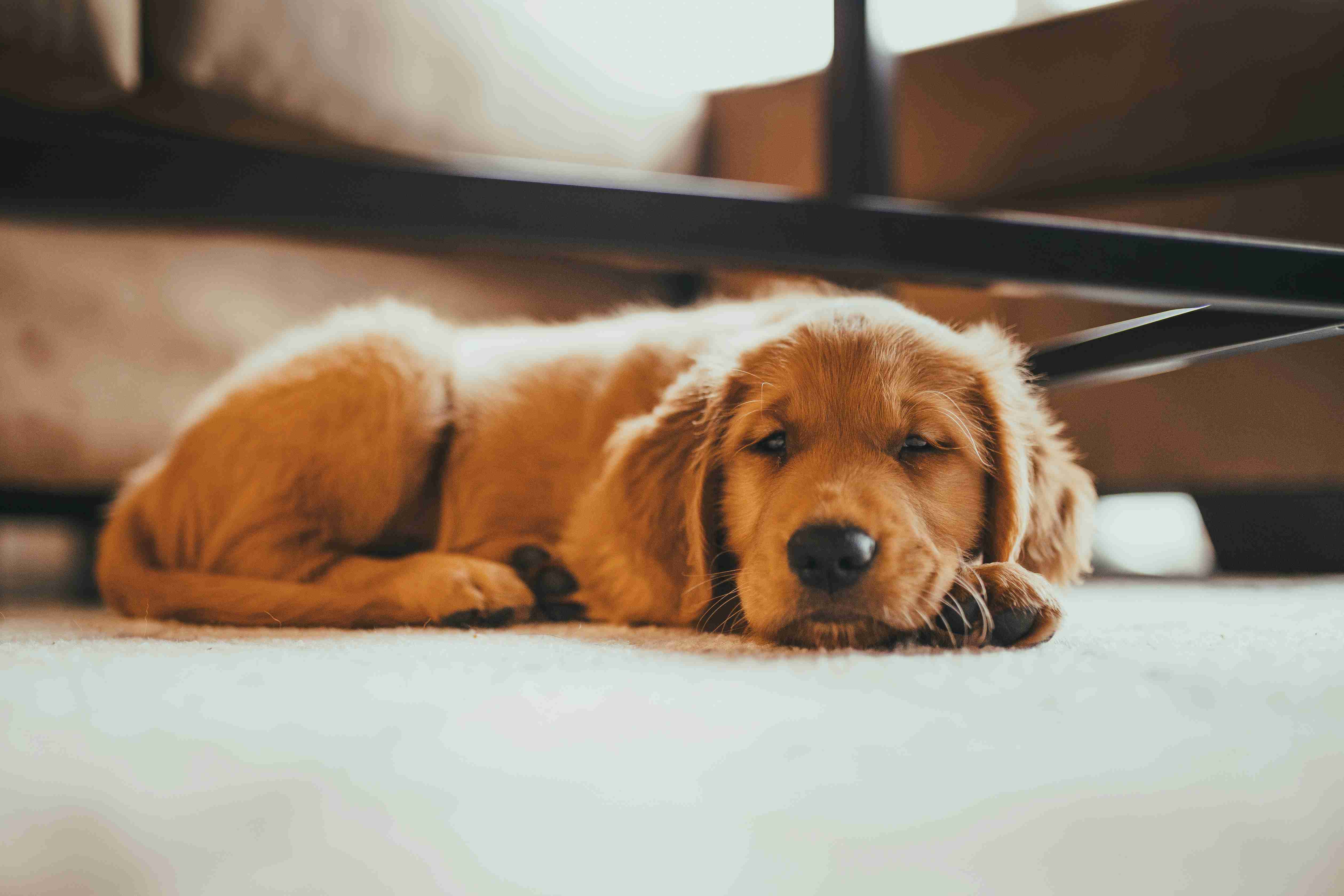Chihuahuas are known for their small size and big personality. They are fearless, energetic, and playful – traits that make them great companions for those who want a loyal and loving furry friend. However, some Chihuahuas can also exhibit aggressive behavior, which can be confusing for pet owners. As a responsible pet parent, it’s important to understand the difference between aggression and playfulness in your Chihuahua. In this blog post, we’ll explore the nuances of these two behaviors, and provide tips to help you decipher your furry friend’s actions. So, let’s dive in and learn more about how to decode aggression and playfulness in Chihuahuas.
Chihuahuas are one of the most popular dog breeds in the world. These pint-sized pups are known for their spunky personalities, big attitudes, and even bigger hearts. However, with their small size comes a reputation for being feisty and aggressive. But is this really the case? In this blog post, we’ll explore the difference between aggression and playfulness in Chihuahuas and how to decode your furry friend’s behavior.
Aggression vs Playfulness: What’s the Difference?
First, let’s define what we mean by aggression and playfulness. Aggression is a behavior where a dog is hostile towards people or other animals, often exhibiting barking, growling, and biting. Playfulness, on the other hand, is a behavior where a dog is engaging in activities that are fun, entertaining, and often include playful gestures like jumping, running, and wagging their tail.
Chihuahuas are often labeled as aggressive dogs, but this is not always the case. While they can be territorial and protective of their owners, they are not inherently aggressive. In fact, Chihuahuas can be very playful and affectionate with their owners, often enjoying games like fetch, tug-of-war, and hide-and-seek.
However, it’s important to note that Chihuahuas can exhibit aggression towards strangers or other animals if they feel threatened or scared. They may also become aggressive if they are not socialized properly or if they have been mistreated in the past. As with any dog breed, it’s important to train and socialize Chihuahuas from a young age to prevent aggressive behaviors.
Understanding Your Chihuahua’s Body Language
To better understand your Chihuahua’s behavior, it’s important to pay attention to their body language. A dog’s body language can tell you a lot about how they are feeling and what they are trying to communicate. Here are some common body language cues to look out for in Chihuahuas:
– Ears: When a Chihuahua’s ears are erect and forward-facing, it indicates that they are alert and attentive. When their ears are flattened against their head, it may indicate fear or aggression.
– Tail: A wagging tail is often a sign of happiness and excitement, but it’s important to note the speed and position of the tail. A slow, low tail wag may indicate fear or suspicion, while a high, fast tail wag may indicate excitement or playfulness.
– Eyes: A Chihuahua’s eyes can also reveal a lot about their emotions. Dilated pupils may indicate fear or aggression, while relaxed, half-closed eyes may indicate relaxation and contentment.
– Body posture: A Chihuahua’s body posture can indicate confidence or fear. A confident Chihuahua will stand tall with their head held high, while a fearful Chihuahua may cower or try to hide.
.jpg)
By paying attention to your Chihuahua’s body language, you can better understand their behavior and respond appropriately.
Tips for Preventing Aggressive Behaviors in Chihuahuas
If you’re concerned about your Chihuahua’s aggressive behavior, there are steps you can take to prevent it. Here are some tips:
1. Socialization: Socializing your Chihuahua from a young age is crucial for preventing aggressive behaviors. Expose them to different people, animals, and environments so they feel comfortable and confident in a variety of situations.
2. Training: Basic obedience training can help your Chihuahua learn how to behave appropriately in different situations. It’s important to use positive reinforcement techniques and avoid punishment-based training methods.
3. Exercise: Chihuahuas are energetic dogs that require plenty of exercise and playtime to stay healthy and happy. Regular exercise can also help reduce stress and prevent aggressive behaviors.
4. Routine: Establishing a routine for your Chihuahua can help them feel more secure and reduce anxiety. Stick to a consistent schedule for feeding, playtime, and walks.
5. Seek professional help: If your Chihuahua’s aggressive behavior is a serious concern, seek advice from a professional dog trainer or behaviorist.
Chihuahuas are often misunderstood as aggressive dogs, but this is not always the case. By decoding your furry friend’s behavior and paying attention to their body language, you can better understand their emotions and respond appropriately. With proper socialization, training, exercise, and routine, you can prevent aggressive behaviors and enjoy a happy, playful relationship with your Chihuahua.
In conclusion, while it may be difficult to distinguish between aggression and playfulness in Chihuahuas, it is important to remember that every dog is unique and may display different behavior patterns. As responsible pet owners, it’s our duty to be aware of our furry friend’s behavior and to provide them with the necessary training and socialization to help them become well-adjusted and happy pets. By understanding the subtle differences between aggression and playfulness, you can help your Chihuahua lead a healthy and fulfilling life. So go ahead and spend some quality time with your furry friend, and don’t forget to give them plenty of love, care, and attention!


.jpg)
%20-%20Copy.jpg)
%20-%20Copy.jpg)

%20-%20Copy%20-%20Copy.jpg)
.jpg)
